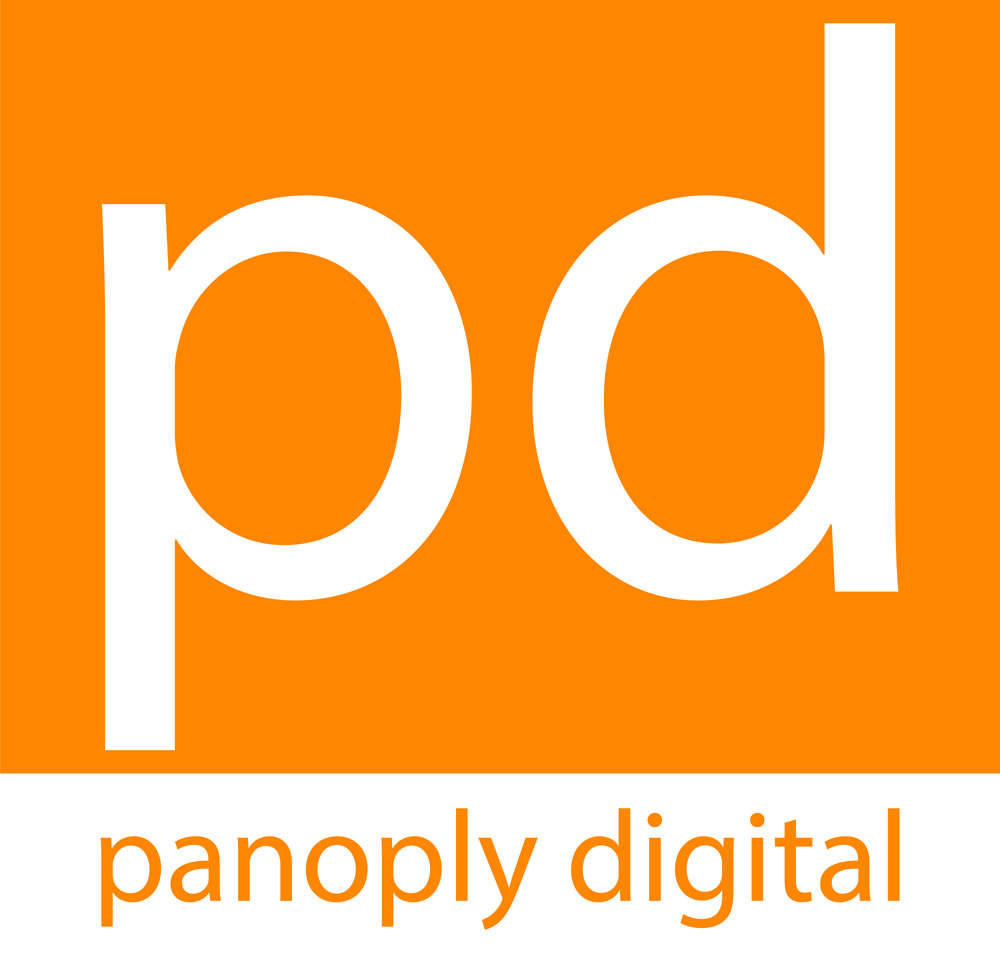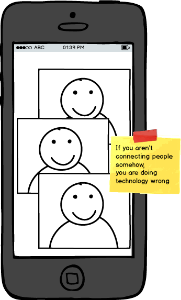The ICT4D field is proving mature enough in some instances to reverse the flow of informal technology transfer from developed to developing, so much so that it is forcing, at least in my mind, a reconsideration of the term developed and developing. The suggestion that any nation, at any point, has completed a process of development is absurd and antithetical to how Panoply Digital operates. We all have something to learn from everyone else and, more specifically, projects and technologies advanced in one region can benefit those elsewhere. So rather than use this post as a sounding board for redefining terminology (the developed vs. developing dichotomy), I prefer to use it as a means of demonstrating that the learning opportunities posed by ICT4D should ripple and often do throughout the developed world. Forgive me for being African-centric here as there are many many initiatives outside Africa (love many of the educational initiatives in Southeast Asia, for example), but I need to focus. We needn’t look very far for evidence across the spectrum: The IHub, Ushahidi, and the BRCK in Kenya, M-PESA in Kenya/Tanzania, Beni American University in Nigeria, any of the many educational initiatives and research emerging from South Africa, and on and on. While I am cautiously optimistic (perhaps less so than The Economist’s declaration of Africa as the pioneering continent), there is of course significant work to be done. Most of the work, I feel, falls under building capacity for local technology development, educational opportunities, and the like. And since I am something approaching a one-trick pony, I return to education. The short declarative byline here is: the developed world has much to learn from developing educational initiatives. I can break down why this is so under a few headings as follows
Simplicity: much of what we see as innovation is born of necessity and we should never discount simplicity as being an asset for learning design. What can we do can be positively correlated to what should we do. So if you are left with SMS, you use SMS to further education in one’s locale. It might sound simplistic, but the ingenuity and innovation that emerges from these initiatives is no less transformative due to this limitation. If we in “developed” nations were able to maintain an equal steely-eyed focus on the learning, as opposed to capacity or functionality of the technology itself, I suspect we would see better results from our ICT initiatives.
Simplicity begets popularity: this focus on SMS, or the sudden realization by those outside the developing world that it remains a viable channel for communication, has paralleled recent trends in mobile social media. The world, or at least certain parts of it, are moving towards mobile-only social media and the texting and intimate communication that this development foregrounds. While I am not suggesting that the developing world was single handedly responsible for this shift, they certainly kept SMS alive and viable during those times when everyone else was shifting to other channels.
I see it where I live (KakaoTalk in Korea dominates the market) and I see others attempting similar movements as well (Facebook Messenger, Whatsapp, and on and on). The South Korean example is illustrative here. With all their bandwidth, with all their advanced technologies and access to the most sophisticated equipment, most are opting for an application (KakaoTalk) that is basically a slightly advanced form of SMS. It provides utility, it speaks to the mobility of modern users, and provides capacity for peer networks that provide support for learning. Which takes me to the next point…
SMS provides capacity for peer interaction that directly and positively impacts formal education. Whether it be whinging on Whatsapp about a particularly difficult assignment, to peer collaboration for a group project on Messenger, to checking in on peers and fellow students, to going so far as to receive feedback from instructors and faculty via SMS (which my university in Korea directly emphasizes by defaulting to SMS communication from our native Learning Management System; see image below). Technology in this instance becomes a means for embedding communities of not only collaboration and research (many of my students use KakaoTalk akin to Evernote, taking notes and adding reminders for later research), but also resilience and peer support. Learning in isolation and learning in a community are two different things. Both are necessary and both working together are ideal. SMS (or some approximation of SMS) provides that.
I find it hard to believe that at least some of these developments, or art least some of the positive effects of mobile learning via services that approximate SMS were not at least partly inspired by ICT4D. We have much to learn so let's first acknowledge that learning can occur through the most humble and most viable of technologies. Thanks, Matti Makkonen.


